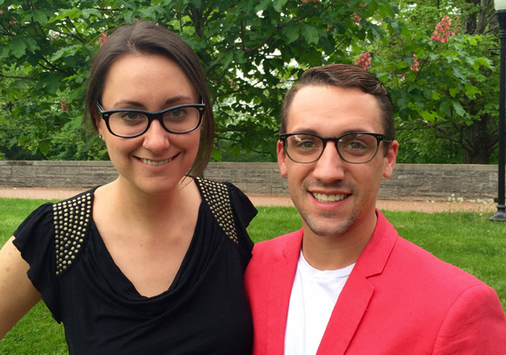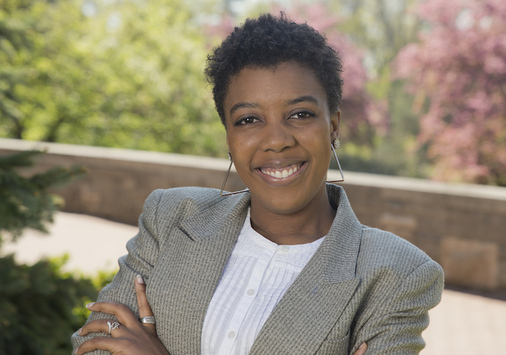Degree Requirements
Information presented from the 2024 - 2025 Academic Catalog.
Program Guidelines & Mission
An evolving and expanding discipline, Queer Studies encompasses theories and thinkers from many fields: cultural studies, gay and lesbian studies, transgender studies, race studies, women's and gender studies, literature, history, film, media, postmodernism, post-colonialism, and more. By engaging with this diverse range of fields, the work of Queer Studies distinguishes itself in that it focuses on issues surrounding sexuality and gender (and other axes of marginalized identity) and the way(s) that the questions raised in these other arenas might be modulated through that central lens.
The Queer Studies Program seeks to legitimate academic inquiry into sexuality, sex, and gender, to pose questions of normativity and power, and to foster community with and for historically marginalized groups. In queer studies courses, students will consider the lived experience and intersecting histories and identities of diverse populations of queer people. Students will examine critically the social, cultural, and scientific constructs of sexuality and gender as well as acquire a working knowledge of the history, issues, and theories of queer studies. Students will make connections between queer studies as an interdisciplinary program and the broader liberal arts curriculum. Queer Studies aims to empower and equip students to engage with communities—both local and global—as agents of social change.
Queer Studies Concentration
The Queer Studies concentration requires a total of six courses. Three of these are core requirements, and three are electives that typically are offered by other programs or departments and are cross-listed with Queer Studies.
Core Requirements
The required core courses are:
- QS 101 - Introduction to Queer Studies
- QS 227 - Queer Theory
- QS 400 - Senior Seminar
Electives
The Queer Studies concentration requires students to complete three elective courses from among those approved by the Queer Studies Committee based on the following criteria, or through petition to the Committee:
At least two-thirds of the course should focus on: some aspect of gay, lesbian, bisexual, transgender experience, culture, and history; and/or relevant issues or themes (privilege, oppression, sexual behavior, identity, performance, social movements, etc.); and/or conceptual categories (gender, sexuality, etc.) central to the field of Queer Studies.
Any course in the concentration should address the relationship between the normative and the transgressive. Through these courses students should gain an understanding of, and respect for, differences in human identity such as age, ability, class, ethnicity, gender, gender identity, sexuality, race, and religion. Courses that already meet the criteria for Queer Studies electives, or that can be readily adapted to meet the above criteria through negotiations between instructor and student, include (but are not limited to) the following:
| Code | Title |
|---|---|
| ARTS 213 | Queer Graphix |
| ARTS 217 | Photo as Gesture into Time; Past, Present, Future |
| BLST 235 | Introduction to Black Studies |
| BLST 340 | Social Movements |
| COMM 229 | Mediating Gender and Sexuality |
| COMM 349 | The Trouble with Normal: Normalization, Discourse and Power |
| EDUC 330 | LGBTQ+ Identities In & Beyond Schools |
| ENGL 245 | Queer Literature |
| ENGL 340 | Contemporary Drama |
| MUS 332 | Music and Sexuality |
| PHIL 275 | Philosophy of Feminism |
| REL 101 | Introduction to Theology |
| WGST 101 | Issues in Feminism |
| WGST 311 | Feminist Theory |





